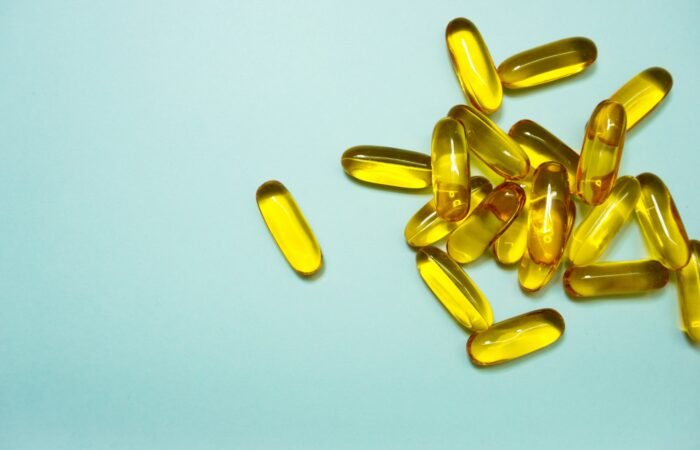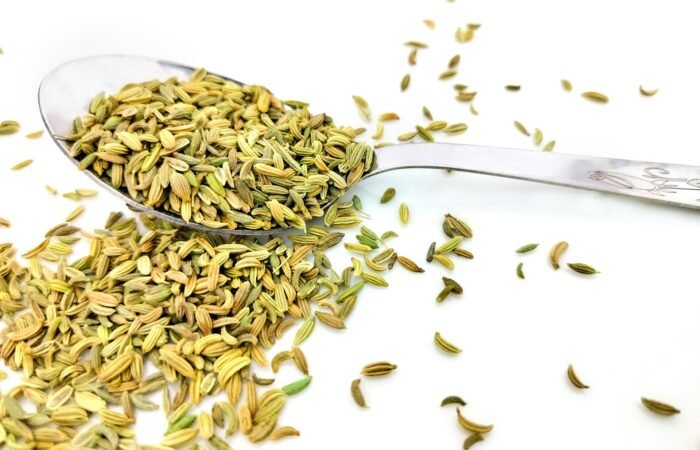
Fatty liver disease—a condition that’s silently making its way into millions of lives—often arises from modern dietary patterns, sedentary lifestyles, or metabolic issues like obesity and diabetes. But as the world turns its eyes back toward time-tested natural remedies, one question keeps bubbling up:
Is curd good for fatty liver?
Let’s peel back the layers. Understanding Fatty Liver
Fatty liver, medically known as hepatic steatosis, refers to the accumulation of fat within the liver cells. When unchecked, it may progress to more serious conditions like non-alcoholic steatohepatitis (NASH), cirrhosis, or even liver failure. Treatment often involves dietary adjustments, regular exercise, and blood sugar control. And that’s where curd—yes, the humble fermented dairy product—enters the conversation.
Nutritional Power of Curd
Curd (or yogurt) is more than just a cooling side dish. Rich in probiotics, calcium, vitamin B12, and protein, curd supports digestive health, enhances gut microbiota, and aids in nutrient absorption. But what makes it potentially beneficial for liver health?
The Gut-Liver Connection
Your gut and liver communicate more than you’d think. When the gut microbiome is imbalanced—due to antibiotics, processed foods, or chronic stress—it can trigger inflammation that burdens the liver. Curd, being a natural probiotic, helps restore this balance. It promotes the growth of healthy bacteria that reduce systemic inflammation, indirectly easing the load on the liver.
Curd and Fat Metabolism
Here’s the interesting bit: some studies suggest that fermented dairy can aid lipid metabolism. Meaning? Regular intake of curd might help reduce bad cholesterol (LDL) and triglycerides—two major culprits behind fatty liver progression. In other words, curd could play a subtle but important role in managing fat accumulation in liver tissues.
But Wait—Not All Curd Is Created Equal
This is crucial. If you’re dealing with fatty liver, the type of curd you consume matters. Go for:
- Plain, homemade curd (free from preservatives or added sugar)
- Low-fat or toned milk curd, especially if you’re managing weight
- Probiotic-rich curd—some brands add extra strains that are great for gut health
Avoid flavored, sweetened, or full-fat variants, especially if you’re insulin-resistant or overweight.
How to Include Curd in a Liver-Friendly Diet
- Breakfast: Pair curd with oats, flax seeds, and fruits for a probiotic punch.
- Lunch: Enjoy a bowl of curd as a side to balance spices and aid digestion.
- Snack: Use it as a base for smoothies—just skip the sugar.
- Dinner: Avoid late-night intake if you have digestion issues, but a light bowl post-sunset works well for many.
What the Experts Say
While curd isn’t a miracle cure, many nutritionists agree it has a rightful place in a balanced, liver-friendly diet. Its ability to support gut health and modulate fat metabolism makes it a smart choice—when eaten wisely.
Final Verdict: Is Curd Good for Fatty Liver?
Yes, curd can be beneficial for those with fatty liver—provided it’s plain, portion-controlled, and part of a broader healthy lifestyle. It’s not a stand-alone treatment, but it complements dietary strategies aimed at healing your liver from within.
In Summary:
- Curd supports gut health, which impacts liver function.
- It may help in fat metabolism and reduce inflammation.
- Go for homemade, unsweetened, low-fat varieties.
- Incorporate it mindfully into a liver-friendly diet.
If you’re navigating fatty liver concerns, always consult a healthcare professional before making major dietary changes. But in the battle against liver fat, the humble bowl of curd might just be your gut’s best friend—and your liver’s silent ally.
Tags:
Subscribe To Get Update Latest Blog Post
No Credit Card Required









Leave Your Comment: